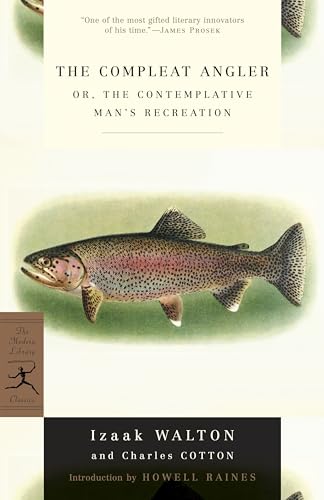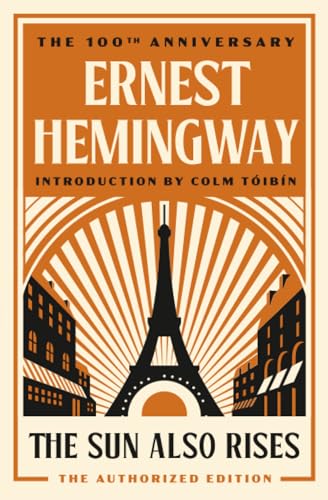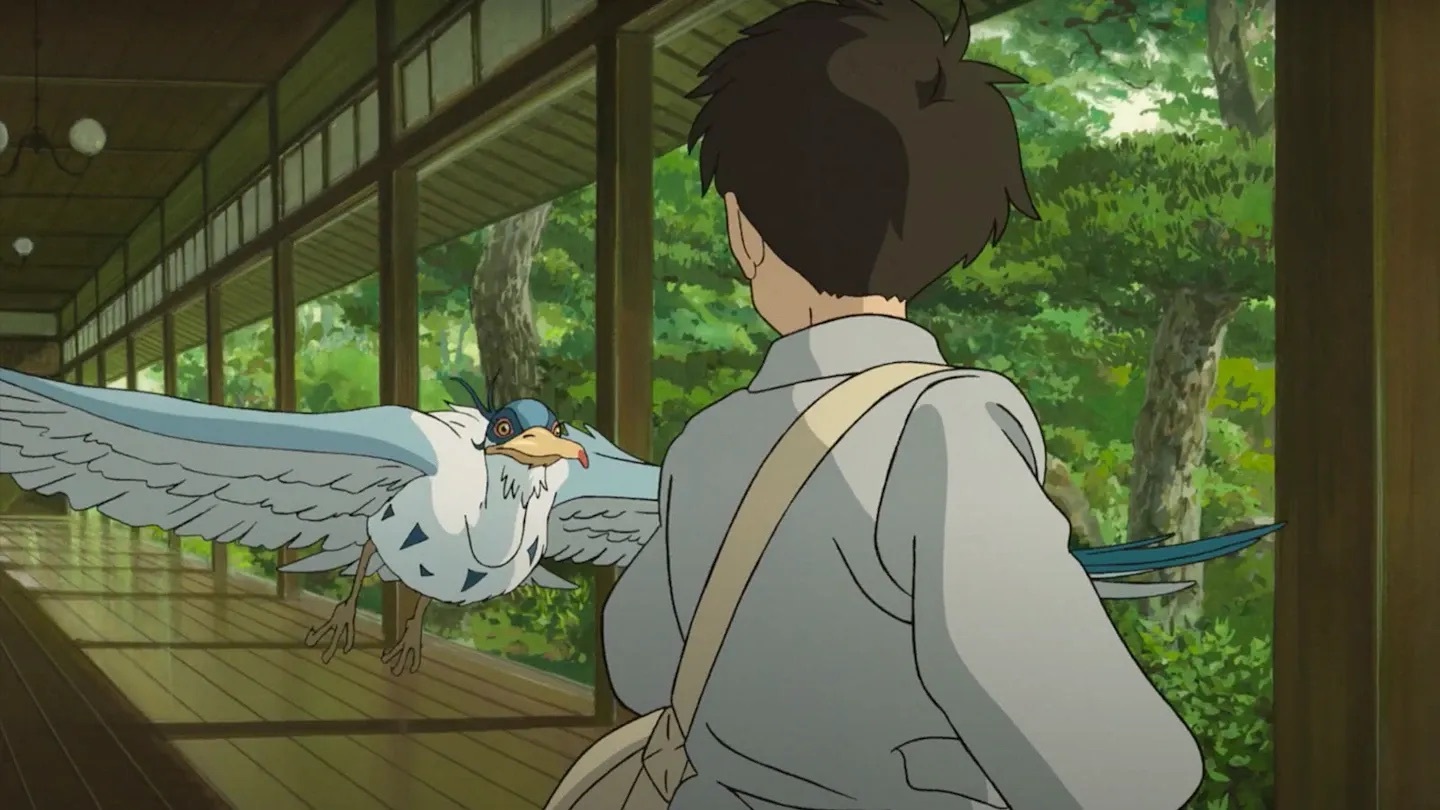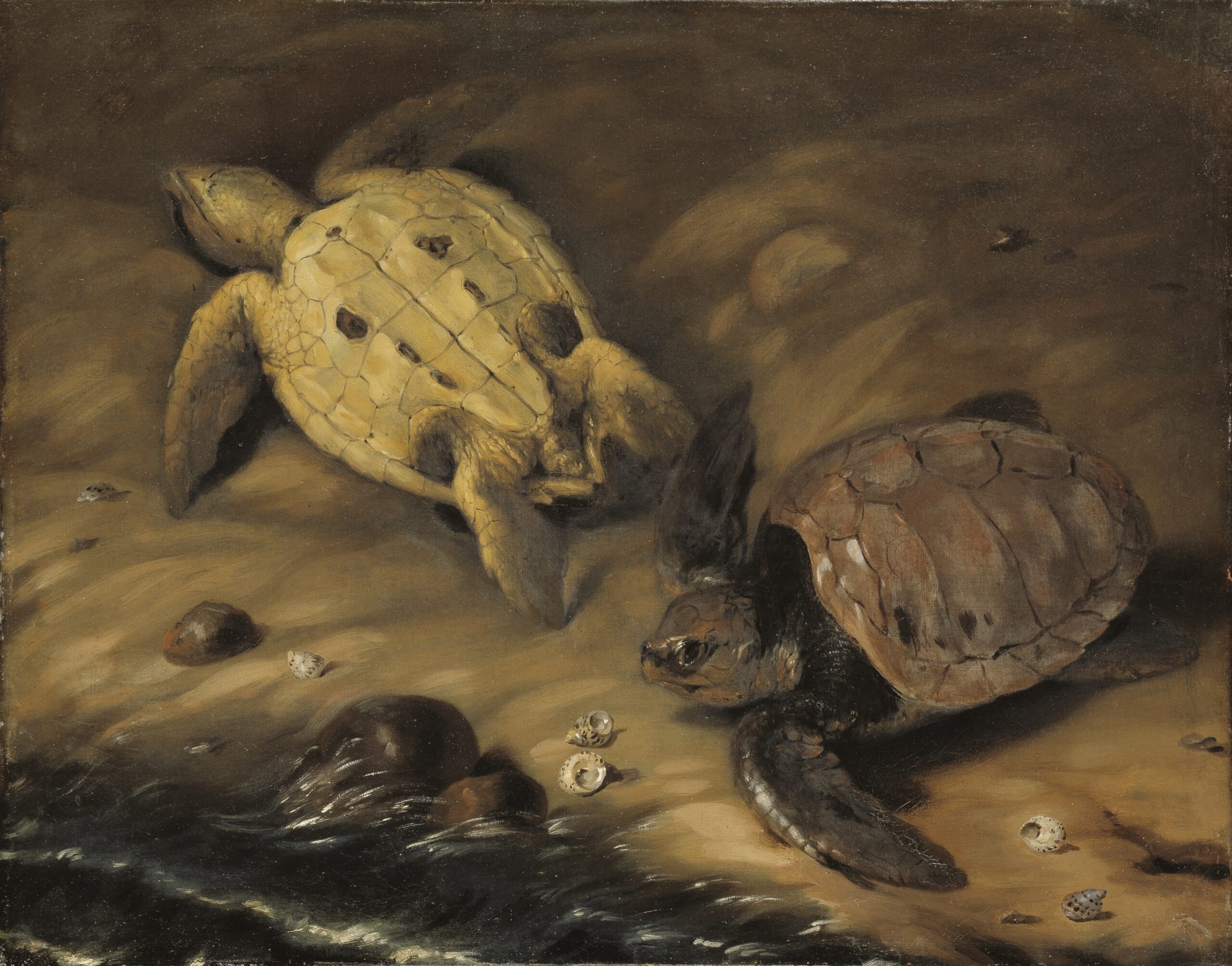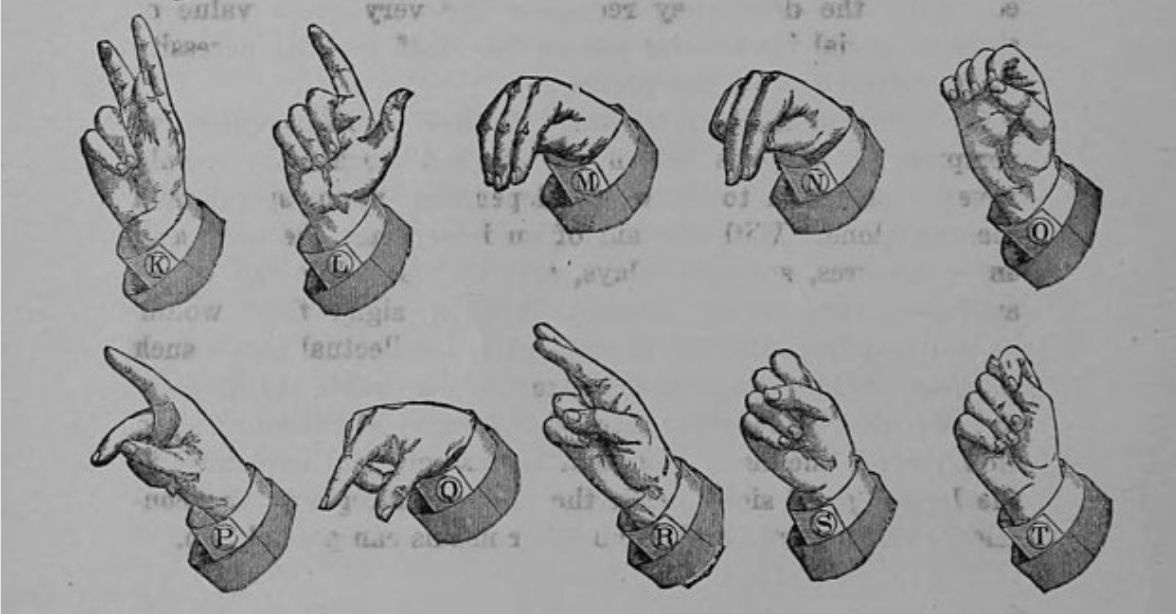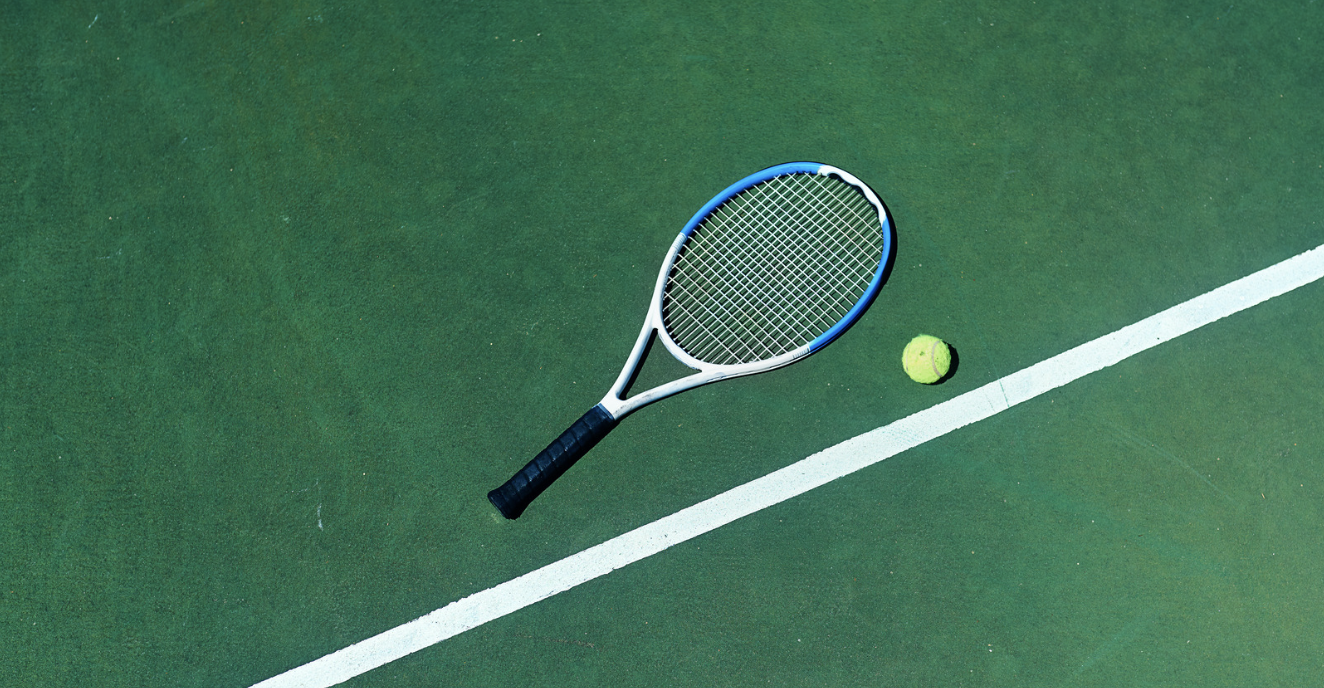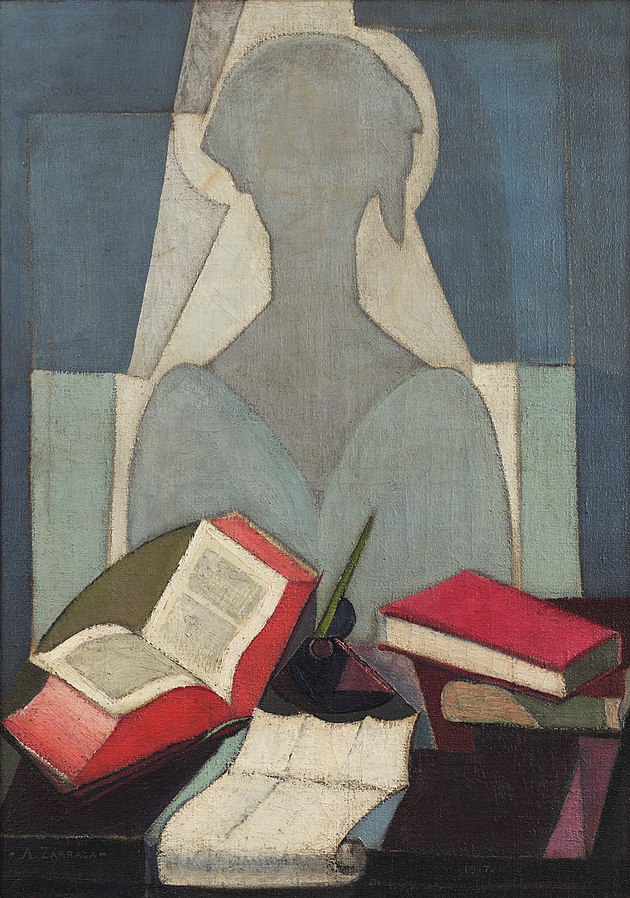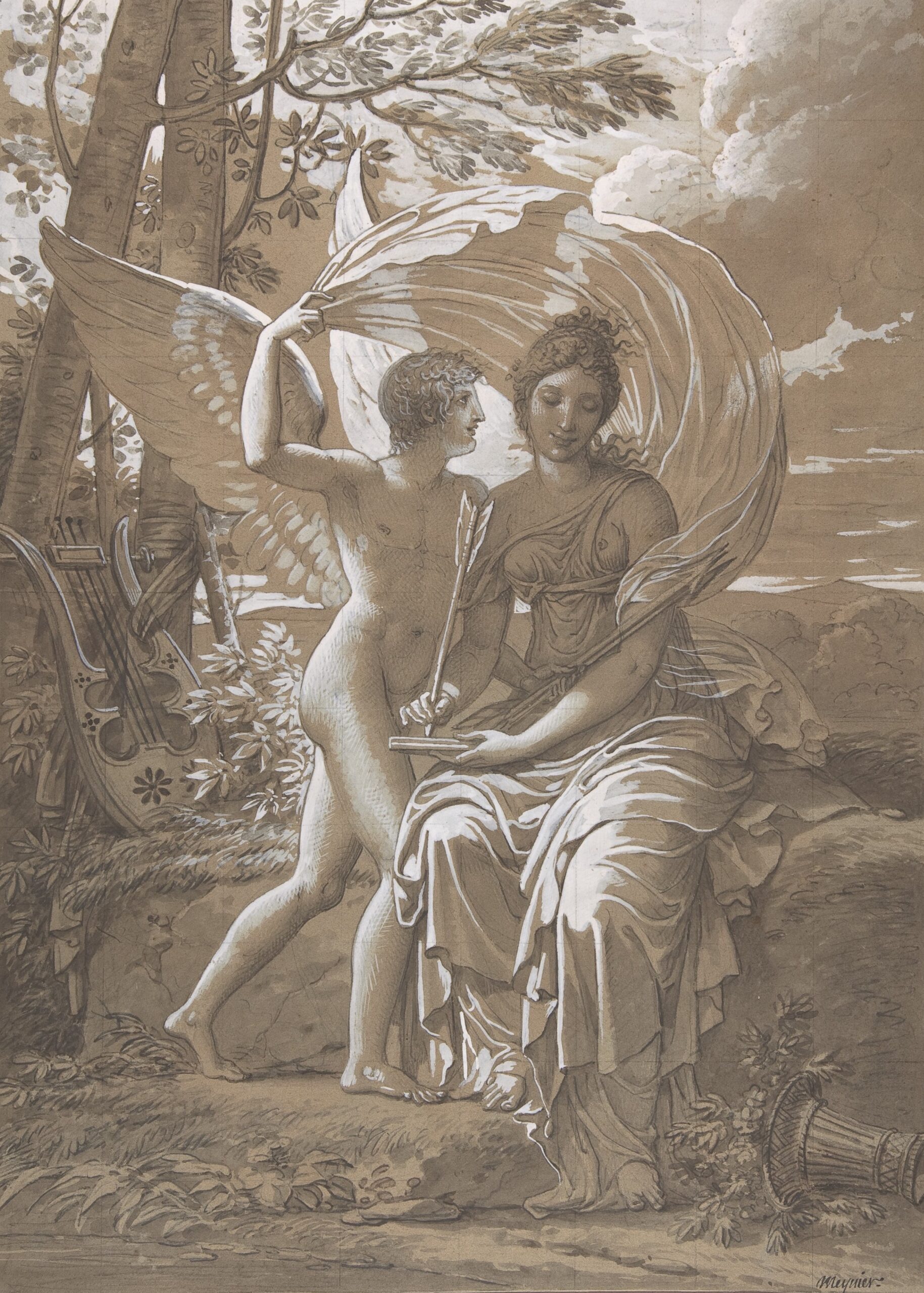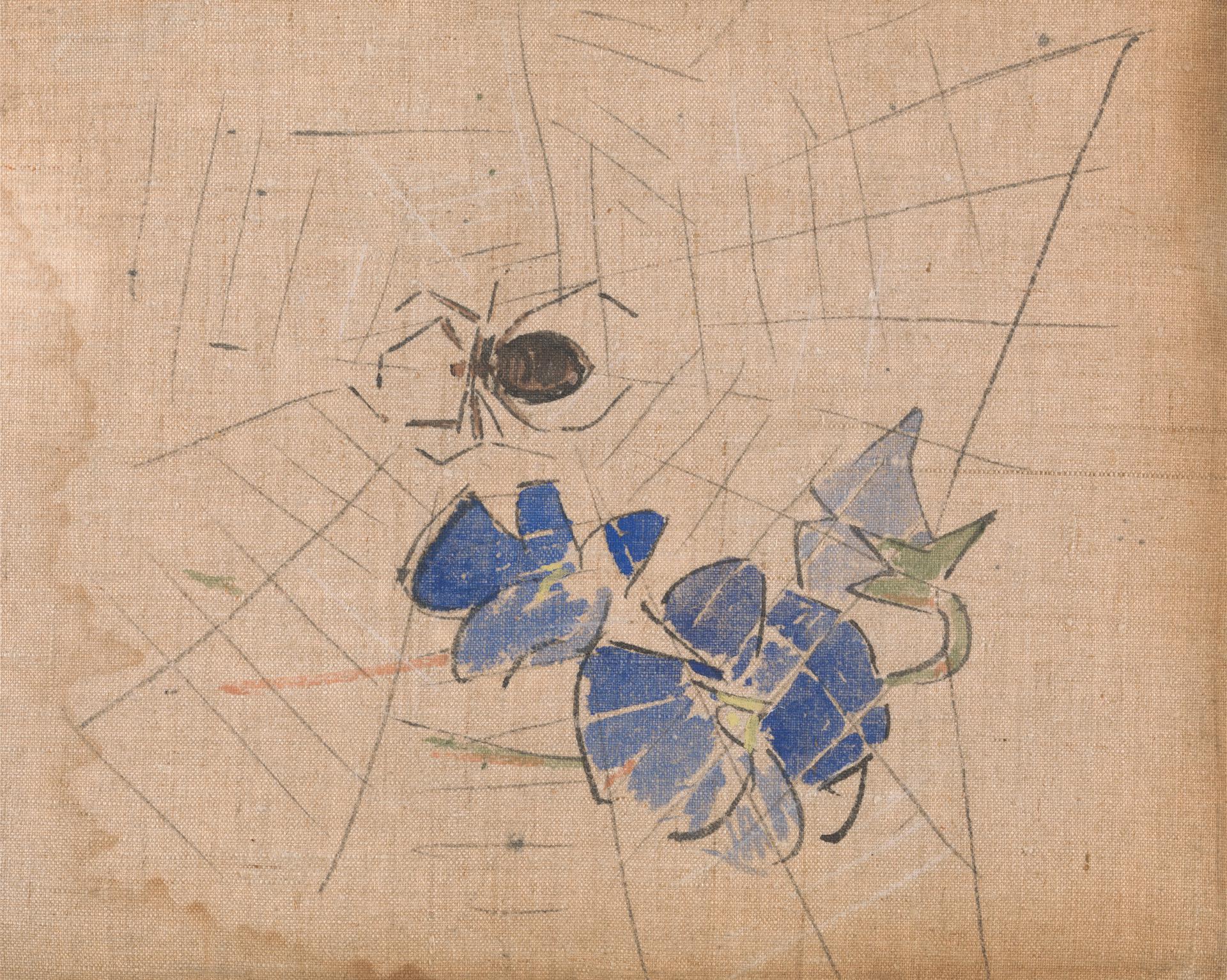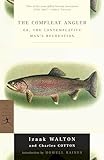 The Compleat Angler, Izaak Walton’s 1653 book (pdf) of practical advice, poems, songs, and dialogues about fishing, ends with the intonation “study to be quiet.” The phrase comes from the first book of Thessalonians. Walton would likely have been familiar with the King James Version of the phrase, which reads, “And that ye study to be quiet, and to do your own business, and to work with your own hands, as we commanded you.”
The Compleat Angler, Izaak Walton’s 1653 book (pdf) of practical advice, poems, songs, and dialogues about fishing, ends with the intonation “study to be quiet.” The phrase comes from the first book of Thessalonians. Walton would likely have been familiar with the King James Version of the phrase, which reads, “And that ye study to be quiet, and to do your own business, and to work with your own hands, as we commanded you.”
The connection between fishing and religion remains. Holly Morris notes in her wonderful essay, “Fumbling After Grace,” “both fishing and writing are largely acts of faith: you believe that there is indeed a rich run of ideas lurking below. The convoluted first drafts, the false casts and hooked branches are all a part of some cosmic ritual designed to seduce a shiny gem to the surface. You get a nibble and your mind sings as you play the idea and reel it in. Only sometimes is it a keeper.” Faith is what brings anglers back to shallow streams, and what brings writers back to imperfect drafts.
Faith might also allow anglers and writers to release. The narrator of Elizabeth Bishop‘s poem “The Fish,” “caught a tremendous fish,” and admires her take. Her meticulous description makes the fish singular, and reveals the pride of a catch as “victory filled up / the little rented boat.” She ultimately lets the fish go, well aware that this exact dance might be repeated. After all, were the fish not free to begin with, fishing would not exist. In “Trout are Moving” by Harry Humes, freedom happens “past midnight,” when those who would seek fish are asleep. Humes imbues a mystical element to the trout’s movement, but also connects the fish to humans. The trout turns in the water, but it is not panicked or startled; rather, it is “just a sinking away / through the ordinary morning stillness / of the house.” Halieutic works might be often surreal, but the actual sport of fishing is tactile, like writing.
Both manual actions “can give you hand cramps.” Holly Morris finds deeper connections between the pursuits. Anglers and writers share a “masochistic urge to wake in the predawn hours and stumble with loaded thermos toward an icy cold stream to catch something you ultimately let go,” which “is not dissimilar to the quirky yearnings that guide a writing life.”

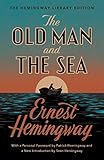 Some of my favorite writers at the sentence level–Ernest Hemingway, Thomas McGuane, and Jim Harrison–find similar connections between writing and fishing. For Stephen L. Tanner, Hemingway’s trout fishing in Paris was emblematic of his transition from journalism to fiction writing, from “having memories to creative remembering.” His literary representations of fishing abound, including The Old Man and the Sea, the calm and communal scenes between Jake Barnes and Bill Gorton in The Sun Also Rises, and the adventures of Nick Adams in “The Big Two-Hearted River.” But I have always been most interested in lines from Death in the Afternoon, Hemingway’s non-fiction account of bullfighting, that capture the paradox of fishing: “we speak of killing a trout with a rod. It is the effort made by the trout that kills it.” No matter how skilled or well-equipped an angler might be, the fish is in control.
Some of my favorite writers at the sentence level–Ernest Hemingway, Thomas McGuane, and Jim Harrison–find similar connections between writing and fishing. For Stephen L. Tanner, Hemingway’s trout fishing in Paris was emblematic of his transition from journalism to fiction writing, from “having memories to creative remembering.” His literary representations of fishing abound, including The Old Man and the Sea, the calm and communal scenes between Jake Barnes and Bill Gorton in The Sun Also Rises, and the adventures of Nick Adams in “The Big Two-Hearted River.” But I have always been most interested in lines from Death in the Afternoon, Hemingway’s non-fiction account of bullfighting, that capture the paradox of fishing: “we speak of killing a trout with a rod. It is the effort made by the trout that kills it.” No matter how skilled or well-equipped an angler might be, the fish is in control.
Of course this leads anglers to seek even more methods to tip the scales in their favor. For Thomas McGuane, “tools of elegance and order, developed and proven in the sporting life, are everywhere useful.” Fishing is not simple recreation; it is a way to combat against the “fragmentation and regret” of daily complacency, a “way of looking at the world.” Owing perhaps to the “particular culture” of his Irish-Catholic upbringing, McGuane recalls the ritualistic approach of an old fishing buddy: “He had a bailing can that was an old Maxwell House can, cut off in this perfect way. Always went there. Oars went there. After you anchored the anchor went here, the line was coiled there. [His old wooden rowboat] wasn’t worth a hundred dollars. It was nearly all he had, but it was so deeply ritualized that it had a kind of glow.”
 In the preface to The Longest Silence, his collection of essays on fishing, McGuane strikes a conservationist tone, concluding “we have reached the time in the life of the planet, and humanity’s demands upon it, when every fisherman will have to be a riverkeeper, a steward of marine shallows, a watchman on the high seas. We are beyond having to put back what we have taken out. We must put back more than we take out.” He revels in the otherness of anglers. The sport “is extremely time consuming. That’s sort of the whole point.” In our high-speed moment, “anglers, as a kind of preemptive strike, call themselves bums, addicts, and maniacs. We’re actually rather quiet people for the most part but our attitude toward time sets us at odds with our own society.”
In the preface to The Longest Silence, his collection of essays on fishing, McGuane strikes a conservationist tone, concluding “we have reached the time in the life of the planet, and humanity’s demands upon it, when every fisherman will have to be a riverkeeper, a steward of marine shallows, a watchman on the high seas. We are beyond having to put back what we have taken out. We must put back more than we take out.” He revels in the otherness of anglers. The sport “is extremely time consuming. That’s sort of the whole point.” In our high-speed moment, “anglers, as a kind of preemptive strike, call themselves bums, addicts, and maniacs. We’re actually rather quiet people for the most part but our attitude toward time sets us at odds with our own society.”

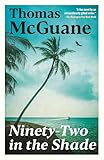 There are two levels of time embedded in McGuane’s discussion. First, the desire to exit daily strictures of appointments and responsibilities, when our time is owned by others. The second level includes the micro bursts of focused time within the angling act, a sport that shifts from hours of waiting to swift moments of drama. That attitude toward time is shared by writers, and few are as adept at manual shifting between sentences as McGuane. His early novels, particularly Ninety-Two in the Shade and The Sporting Club, move between sarcasm, violence, and sublimity. McGuane’s friend and fellow novelist, Jim Harrison, shares a love for fishing, and the skill of literary transition. A Good Day to Die, his acerbic short novel, begins with the most ominous author’s note in history (“Certain technical aspects of the handling of explosives have been deliberately altered and blurred to protect innocent life and property.”), shifts to an epigraph from Rainer Maria Rilke (“Each torpid turn of this world bears such disinherited children to whom neither what’s been, nor what is coming, belongs.”), before settling into the prologue, where a hungover narrator awakens in a boat off Cudjoe Key, wanting to “catch the incoming tide and what fish would there looking off that huge sandspit toward the rank mangroves.” The novel’s wayward characters binge on drugs and sex, and fishing is the only salve, the only possibility for a soul.
There are two levels of time embedded in McGuane’s discussion. First, the desire to exit daily strictures of appointments and responsibilities, when our time is owned by others. The second level includes the micro bursts of focused time within the angling act, a sport that shifts from hours of waiting to swift moments of drama. That attitude toward time is shared by writers, and few are as adept at manual shifting between sentences as McGuane. His early novels, particularly Ninety-Two in the Shade and The Sporting Club, move between sarcasm, violence, and sublimity. McGuane’s friend and fellow novelist, Jim Harrison, shares a love for fishing, and the skill of literary transition. A Good Day to Die, his acerbic short novel, begins with the most ominous author’s note in history (“Certain technical aspects of the handling of explosives have been deliberately altered and blurred to protect innocent life and property.”), shifts to an epigraph from Rainer Maria Rilke (“Each torpid turn of this world bears such disinherited children to whom neither what’s been, nor what is coming, belongs.”), before settling into the prologue, where a hungover narrator awakens in a boat off Cudjoe Key, wanting to “catch the incoming tide and what fish would there looking off that huge sandspit toward the rank mangroves.” The novel’s wayward characters binge on drugs and sex, and fishing is the only salve, the only possibility for a soul.
In his own life, Harrison says “when you bear down that hard on one thing–on your fiction or your poetry–then you have to have something like cooking, bird hunting or fishing that offers a commensurate and restorative joy.” More than even McGuane, Harrison has been reduced by some critics as the prototypical macho writer. Yet Harrison rejects “sorry bumpkin mythologies.” The best anglers are the “most modest,” and never “identified their sports with our culture’s banal notions of manhood, which is a matter of costumery rather than substance.” Harrison’s sclerotic characters are also costumes. He wonders why “is it macho that I like to hunt and fish? I’ve been doing it since I was four. I have always thought of the word macho in terms of what it means in Mexico: a particularly ugly peacockery, a conspicuous cruelty to women and animals and children, a gratuitous viciousness . . . critics have an enormous difficulty separating the attitudes of your characters from your attitudes as a writer.” One can feel Harrison pushing back against comparisons with Hemingway, who he once said seemed like a “woodstove that didn’t give off much heat.”
We do not need to love our forebears to have been formed by them. What Hemingway, McGuane, and Harrison all share is a stylistic tendency to be both methodical when describing action, but also to layer narrative asides. These aberrant pockets of dialogue or description that might be pared by other writers give flesh and fire to their stories. Anglers spin yarns, and a good tale needs sufficient detail, along with enough oddity to warrant repetition. Fishing begins with base materials, as listed by the narrator of Harrison’s A Good Day to Die: “An open face Shakespeare Ambassador reel and a stout casting rod with a tackle box full of daredevils, pikie minnows, jitterbugs, mepps, spoons. And wire clip leaders.” But the sport becomes art when those materials and equipment are in able hands.
I have neither the skill nor the experience fishing of these writers, but I share their appreciation for the sport. I grew up fishing in suburban New Jersey, where lakes and rivers dot the flat landscape. We had to renew our licenses each year, and safety-pin them to our baseball hats. Back then fishing was a way to relax after basketball practice, or to avoid doing AP Calculus homework. We caught more sunnies than bass. It wasn’t fishing; it was fooling.
I only got serious about fishing when I got serious about writing, as an undergraduate in central Pennsylvania. I fished the Susquehanna River each morning with friends. I borrowed my brother’s chest waders, and stood in the current for hours, often without real results. A local fisherman told me to use a topwater lure called the Purple-D. “Two sets of hooks. Purple head, bright red eyes. Big bass like it, they jump up and grab it.” Not me. I never caught a bass, walleye, or anything else using it.
It is a small comfort that for even the best anglers, the vast majority of time on a river is spent waiting. The sequence of catch and keep, or catch and release, constitutes a fraction of time. And yet that is why anglers return. It was why I skipped class to stand in a river and cast above a rocked hole. It was why my wife and I studied old maps at the county library to find forgotten trails that led to small ponds. Fishing, like writing, is a stab at permanence in a world of waiting.
Water, sunlight, shadow, hunt, patience, search, silence: the elements of fishing are perfect fodder for writing, but they can also lead to sentimental lines and sentences. For every hour I spent in the soft current of Penn’s Creek, comfortable and warm in my waders, there were days when catfish snapped my lines. Fishing and writing hindsight are much the same. As Stephen L. Tanner says, “some of the best trout fishing is done in print rather than in streams.” Writing and fishing are both art forms built for optimists.
When Jim Harrison arrives at a fishing destination, “a number of centuries drift away. There’s no conscious sense of the atavistic, only that everything you’ve learned in school, university, your business life is of no use to you now.” I feel that sentiment when I run at an old moss farm near my home. The land is state-owned. Unkempt paths curl into the woods. One trail leads into a lake. There is no end; it simply goes into the water. I usually turn around. There is always so much to do. But some days I want to run straight into that silent lake and stand waist-deep. Fishing is not merely recreation; it is a source of creation. It is an art. I will always be haunted by waters.
Image: Pexels/Pixabay.






